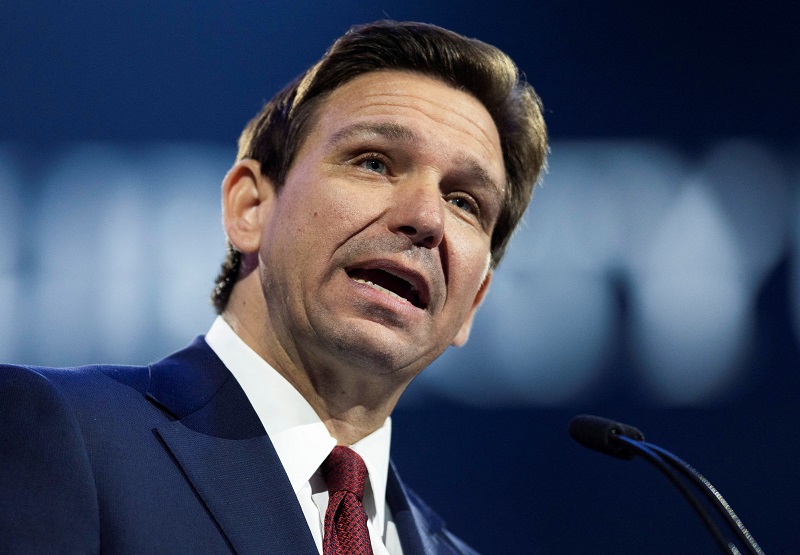
By Dongpil Kim
The author is chief editorial writer of The Korea Daily.
There are 27 Amendments to the U.S. Constitution. The number of amendments increased to 27 because amending the Constitution was not an easy task, so new amendments were added to supplement it. Among them, the First and Second Amendments are frequently invoked in contemporary discussions.
As many are aware, the First Amendment guarantees freedom of religion, speech, assembly, and association, as well as the right to petition the government, while the Second Amendment allows individuals to keep and bear arms. Both amendments were enacted in 1791, giving them a long-standing history.
The First Amendment, with its emphasis on free speech, has become particularly controversial in recent times, often portrayed as a battle between corporations and Republican-controlled state governments.
Last month, Disneyland, the world’s largest entertainment company, filed a federal lawsuit against Florida Governor Ronald Dion DeSantis and others, alleging a violation of the First Amendment’s right to free speech. The conflict between the two sides originated last year when the Republican-controlled Florida legislature passed the Parental Rights in Education Act, which prohibited the teaching of sexual identity, including homosexuality, to elementary school students.
This move by the legislature prompted backlash against Disney, as pressure mounted on the company to take a stance against a law that contradicted its diversity principles, given Disney’s significant influence in the state of Florida. In response, then Disney CEO Bob Chapek issued a statement opposing the Parental Rights in Education Act.

Not backing down, Disney struck a deal with the autonomy oversight board, which is known to be Disney-friendly, to counter the governor’s attack. They subsequently filed a lawsuit in federal court, claiming that DeSantis was “abusing state authority to retaliate against [Disney] for taking a political stand.” Governor DeSantis, who aims to be a conservative icon, stood his ground and responded with a lawsuit of his own, asserting that Disney’s contract with the autonomy commission was invalid.

While other states like Utah, Maryland, and South Dakota have banned TikTok on government devices used by state employees, Montana has gone a step further. TikTok filed the lawsuit to protect its users and contest what it perceives as baseless claims. It’s worth pondering whether this situation would have arisen if the U.S. and China weren’t in their current state of discord.
It will be intriguing to see how the federal court rules in both cases. The “free speech” aspect is likely to be hotly contested by both sides, leading to either a closely fought battle or a one-sided victory
As Governor DeSantis argues, no corporation is above the law. Regardless of their power and influence, if corporations break the law, they should face consequences. However, it’s important to note that Disney’s political statements and TikTok’s Chinese ownership are not illegal.
As the wealth gap widens, American society is becoming increasingly politically polarized. The radical assertions from liberals and conservatives clash more vehemently, and this trend is likely to intensify during the upcoming presidential election process next year. Politicians are inclined to cater to their extreme constituencies. However, pushing matters to extremes for political gain will only contribute to public weariness.

![Clovine accelerates global expansion in collaboration platform market Website of Clovine, a cloud-based project management provider [Screenshot]](https://www.koreadailyus.com/wp-content/uploads/2025/04/0403-clovine-100x70.jpg)

![Hangar images indicate North Korean advances in military drone domain Satellite photos taken on March 28, included in Beyond Parallel's report on North Korea, shows what appears to be seven new drone hangars at the Banghyon Air Base. [SCREEN CATPURE]](https://www.koreadailyus.com/wp-content/uploads/2025/04/0402-Hangar-100x70.jpg)
